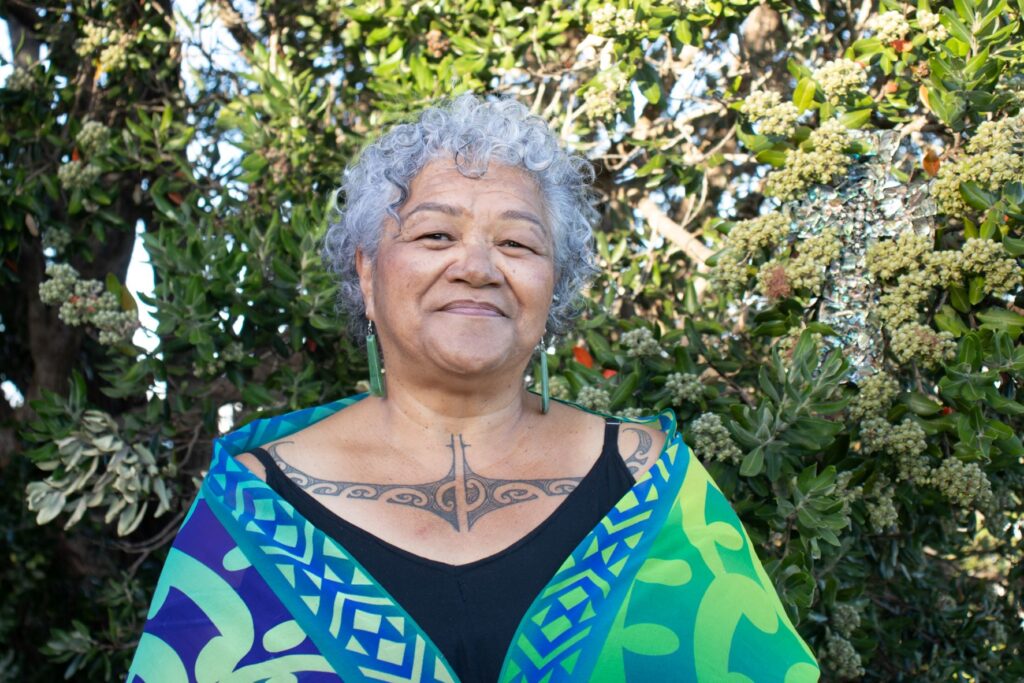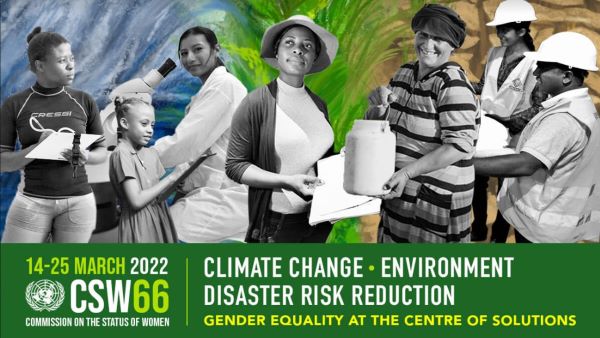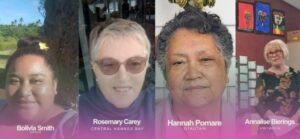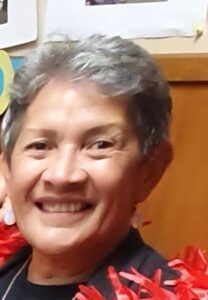
On Thursday 19 May at 7pm, Jacynthia Murphy presented a dynamic a story to deeply stir the spirit from sad to angry!
It is the ‘amplification’ of kāhui wāhine around the world that is now being heard. “He Kākano Ahau”
Watch on youtube
I’m a bit of an environmentalist at heart and I’m always looking for ways in which to poke our nation and church into reducing our negative footprints that create global havoc commonly attributed to the ill-effects of human decadence.
Rev Jacynthia has emerged inspired, enlightened and uplifted after attending 23 sessions of the UNCSW NGO programme as part of the Anglican Communion delegation.
“He Kākano Ahau” is the catchphrase that launched Rev’d Jacynthia Murphy’s indigenous lens into the Anglican Communion’s voices within COP15, COP26, and the sixty-sixth session of the UN Commission on the Status of Women (UNCSW). The kaupapa/theme weaved into all of these events was ‘Kaitiakitanga o te Taiao’.

As part of her involvement Jacynthia presented an indigenous perspective on “Gaps and challenges in climate action” in line with the UNCSW theme of “Achieving gender equality and empowerment in the context of climate change.” Held over two weeks, both in-person and virtually, it was a gruelling regime to be in sessions varying from 1am to 5am NZT.
Women all over the world are ‘amplifying’ their unified voices to combat the negative effects of violence, inequality, land loss, and governance, just to name a few. These insightful voices have become loud and clear that women are no longer accepting what diminishes their value as human beings contributing to the common good of all of the created order.
“Global Partnerships for the Human Right to a Clean, Healthy and Sustainable Environment”
to “Engaging Men to End Female Genital Mutilation/Cutting”
to “Stand for Her Land: Confronting the Climate Crisis, Uprooting Gender Inequality: Land, Housing, and Property Rights for Women”
All would deeply stir the spirit from sad to angry! It is the ‘amplification’ of kāhui wāhine around the world that is now being heard. “He Kākano Ahau”


